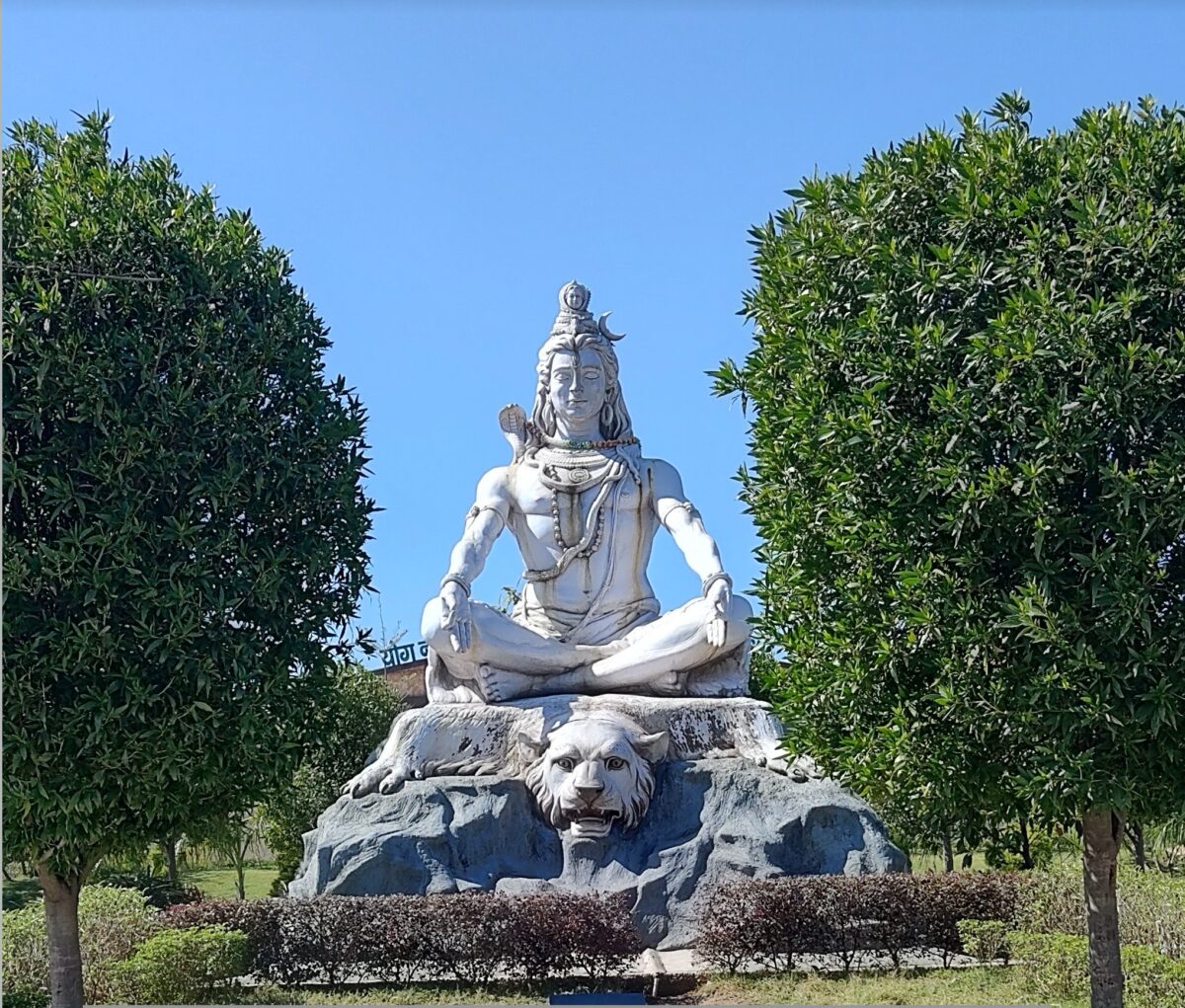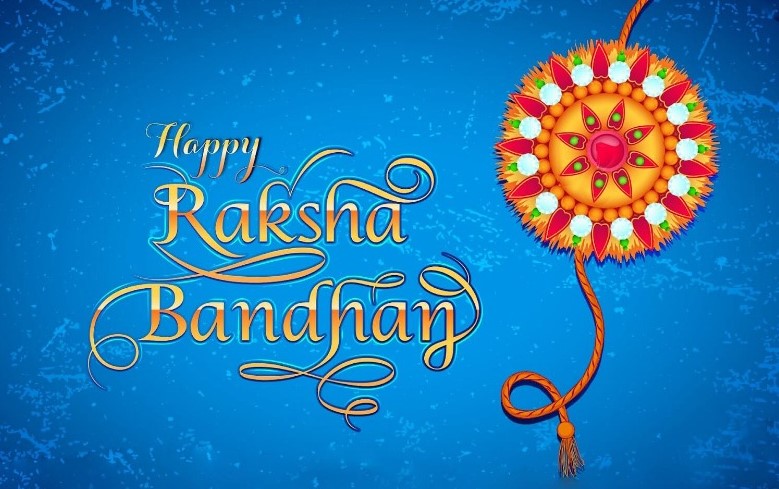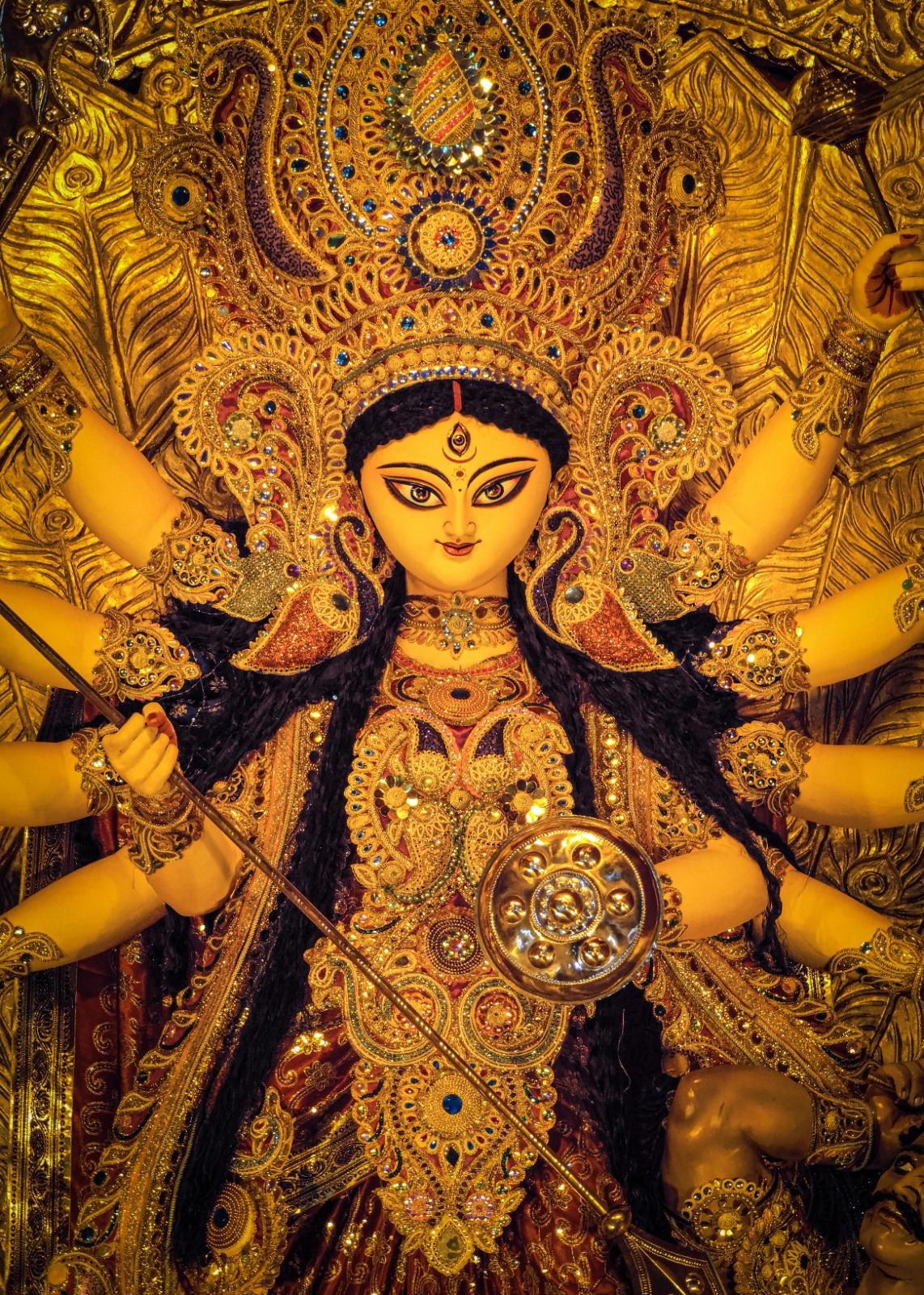Shravan Month – The fifth month of the Hindu calendar
Shravan Month
Shravan, also known as Sawan, is one of the holiest months in the Hindu calendar. This month, which typically falls between July and August, marks the beginning of the monsoon season and is dedicated to Lord Shiva, the deity of destruction and transformation. During this period, devotees engage in intense worship, fasting, and spiritual practices to seek blessings for peace, prosperity, and well-being.
Spiritual Significance of Shravan
The month of Shravan holds immense importance due to its association with numerous mythological events. According to Hindu tradition, Shravan is believed to be the time when the cosmic ocean (Samudra Manthan) was churned by the gods (Devas) and demons (Asuras) to obtain the nectar of immortality (Amrit). During this churning, a deadly poison (Halahala) emerged, threatening the world. To save the universe, Lord Shiva drank the poison and held it in his throat, which turned blue, earning him the name Neelkanth. As a result, Shravan is a month of gratitude and reverence to Lord Shiva for his self-sacrifice.
Rituals and Practices
Shravan is observed with devotion and numerous rituals, especially in North and West India. The month is considered particularly auspicious for performing spiritual activities and prayers. Key practices include:
Fasting: Fasting during Shravan is a common way for devotees to demonstrate their devotion. Some people fast on every Monday (Shravan Somvar) of the month, while others might observe a complete fast for the entire month. The fasts vary, with some people abstaining from grains, non-vegetarian food, and alcohol, while others opt for only fruits and water.
Shravan Somvar Vrat: Mondays in Shravan are dedicated to worshipping Lord Shiva. Devotees visit Shiva temples to perform special prayers and offer milk, water, bilva leaves, and other sacred items to the Shivling. Observing this vrat (fast) is believed to bring marital harmony, good health, and prosperity.
Kavadi Yatra: A significant tradition during Shravan is the Kanwar Yatra, where devotees, known as Kanwariyas, carry water from the holy river Ganga in pots slung over their shoulders to offer to Shivlings in temples. This pilgrimage, undertaken barefoot, is a test of devotion and endurance.
Sawan Fairs and Celebrations: In many regions, particularly in North India, fairs and festivals are organized to celebrate Shravan. Temples are beautifully decorated, and religious gatherings, hymns, and devotional songs dedicated to Lord Shiva echo through the atmosphere.
Festivals During Shravan
Several major Hindu festivals take place during Shravan, adding to the religious fervor of the month:
Raksha Bandhan: Celebrated on the full moon day (Purnima) of Shravan, Raksha Bandhan is a festival that celebrates the bond between brothers and sisters. Sisters tie a rakhi (sacred thread) on their brothers’ wrists, symbolizing their love and prayers for protection, while brothers pledge to protect their sisters.
Nag Panchami: This festival, observed on the fifth day of Shravan, is dedicated to the worship of snakes, which are believed to be closely associated with Lord Shiva. Devotees offer milk and prayers to snake idols or live snakes to seek protection from snake bites and other harms.
Janmashtami: This marks the birth of Lord Krishna and is celebrated with great devotion and joy. Temples are adorned with flowers and lights, and devotees fast, chant prayers, and reenact episodes from Lord Krishna’s life, culminating in midnight celebrations to commemorate his birth.
Teej: This festival is popular among women, especially in Rajasthan, Uttar Pradesh, and Bihar. It celebrates the union of Goddess Parvati and Lord Shiva, and married women pray for the long life and prosperity of their husbands.
Significance of Nature and the Environment
The month of Shravan coincides with the onset of the monsoon season, a time of rejuvenation for nature. The rain brings relief from the scorching heat of summer, and the earth becomes lush and green. In many ways, Shravan is a celebration of nature’s fertility and abundance. Devotees often perform special prayers for good rains and a bountiful harvest.
Shravan is a sacred month filled with devotion, rituals, and vibrant festivals. It is a time for spiritual renewal, reflection, and offering gratitude to Lord Shiva for his protective powers. Whether through fasting, prayer, or the celebration of nature, Shravan invites individuals to connect with their spirituality and embrace the divine blessings of the universe.




